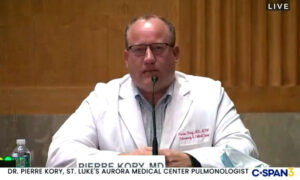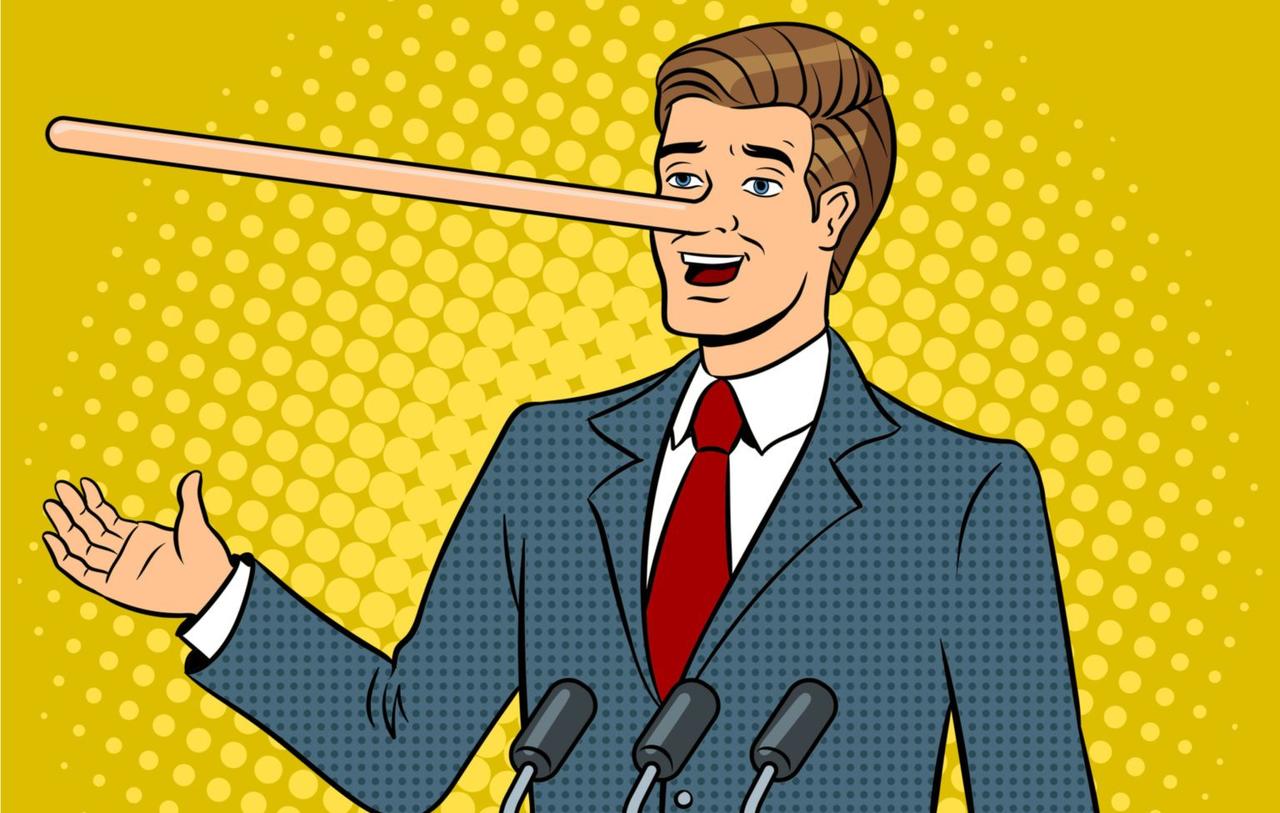Guest Post by
A new peer-reviewed study by researchers Joseph Hickey, Ph.D., and Denis Rancourt, Ph.D., re-examined the mathematical models used to justify policies that barred unvaccinated people from public venues. They found the models were based on the application of flawed mathematical risk models.

During the COVID-19 pandemic, politicians, scientists and media organizations vilified unvaccinated people, blaming them for prolonging the pandemic and advocating policies that barred “the unvaccinated” from public venues, businesses and their own workplaces.
But a peer-reviewed study published last week in Cureus shows that a key April 2022 study by Fisman et al. — used to justify draconian policies segregating the unvaccinated — was based on the application of flawed mathematical risk models that offer no scientific backing for such policies.
Dr. David Fisman, a University of Toronto epidemiologist was the lead author of the April 2022 study, published in the Canadian Medical Association Journal (CMAJ), which the authors said showed that unvaccinated people posed a disproportionate risk to vaccinated people.






